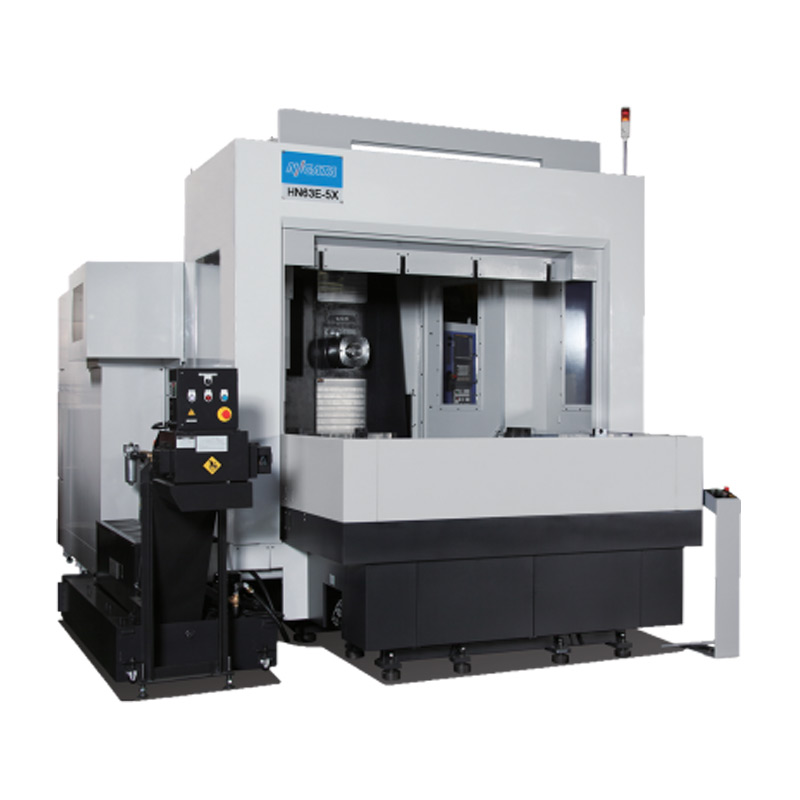
- Afrikaans
- Albanian
- Amharic
- Arabic
- Armenian
- Azerbaijani
- Basque
- Belarusian
- Bengali
- Bosnian
- Bulgarian
- Catalan
- Cebuano
- Corsican
- Croatian
- Czech
- Danish
- Dutch
- English
- Esperanto
- Estonian
- Finnish
- French
- Frisian
- Galician
- Georgian
- German
- Greek
- Gujarati
- Haitian Creole
- hausa
- hawaiian
- Hebrew
- Hindi
- Miao
- Hungarian
- Icelandic
- igbo
- Indonesian
- irish
- Italian
- Japanese
- Javanese
- Kannada
- kazakh
- Khmer
- Rwandese
- Korean
- Kurdish
- Kyrgyz
- Lao
- Latin
- Latvian
- Lithuanian
- Luxembourgish
- Macedonian
- Malgashi
- Malay
- Malayalam
- Maltese
- Maori
- Marathi
- Mongolian
- Myanmar
- Nepali
- Norwegian
- Norwegian
- Occitan
- Pashto
- Persian
- Polish
- Portuguese
- Punjabi
- Romanian
- Russian
- Samoan
- Scottish Gaelic
- Serbian
- Sesotho
- Shona
- Sindhi
- Sinhala
- Slovak
- Slovenian
- Somali
- Spanish
- Sundanese
- Swahili
- Swedish
- Tagalog
- Tajik
- Tamil
- Tatar
- Telugu
- Thai
- Turkish
- Turkmen
- Ukrainian
- Urdu
- Uighur
- Uzbek
- Vietnamese
- Welsh
- Bantu
- Yiddish
- Yoruba
cost of automatic car wash system
The Cost of Automatic Car Wash Systems An In-Depth Analysis
In today’s fast-paced world, convenience is paramount, making automatic car wash systems increasingly popular among car owners and businesses alike. These systems offer an efficient solution to maintaining the cleanliness of vehicles without the manual labor associated with traditional car washes. However, the financial implications of investing in an automatic car wash system merit careful consideration. This article explores the various costs associated with automatic car wash systems and their potential return on investment.
Initial Investment
The most significant expense associated with an automatic car wash system is the initial investment. Depending on the type and size of the system, prices can range from a few thousand dollars to several hundred thousand dollars. There are mainly three types of systems exterior-only washes, which are generally less expensive, in-bay automatic systems, and full tunnel systems, which are the most expensive due to their complexity and processing capabilities.
In addition to the cost of the equipment itself, installation expenses can add to the overall initial investment. This may include site preparation, plumbing, electrical work, and other infrastructural modifications required to accommodate the system. It is essential to conduct a thorough feasibility study to determine the actual location costs before purchasing an automatic car wash system.
Operational Costs
Once the system is up and running, ongoing operational costs come into play. These include water usage, electricity, and maintenance supplies. Automatic car washes typically consume a significant amount of water, which can lead to increased water bills. Choosing a system that recycles water can help mitigate this expense, although the installation of water recycling technology can significantly increase upfront costs.
cost of automatic car wash system

Electricity costs also need to be factored into the operational budget. Depending on the system’s efficiency and the local utility rates, electricity expenses can vary. Efficient systems that utilize advanced technology may offer reduced electricity consumption, making them more economical in the long run.
Moreover, regular maintenance is crucial for the longevity and efficiency of the car wash system. Maintenance costs can include routine inspections, parts replacements, and repairs. Neglecting maintenance can lead to higher costs and downtime, impacting overall profitability.
Labor Costs
One of the significant advantages of an automatic car wash system is the reduction in labor costs. Unlike manual car washes that require multiple employees, an automatic system can often be operated by a minimal staff. This reduction in labor can lead to substantial savings, particularly for businesses looking to maximize margins. However, while operational staff may be minimal, it’s important to ensure that trained personnel are available for overseeing the system and addressing any technical issues.
Return on Investment
Investing in an automatic car wash system can yield a favorable return on investment (ROI) if managed properly. Revenue generation typically correlates with location, pricing strategy, and marketing efforts. High-traffic areas can see significant profits, especially if they attract repeat customers. Moreover, offering subscription models or membership programs can create a steady revenue stream.
In conclusion, while the cost of an automatic car wash system can be substantial, the potential benefits often outweigh the expenses. With careful planning, budgeting, and marketing strategies, car wash operators can realize significant returns, making the initial investment well worth it. As the demand for convenient car care continues to grow, automatic car wash systems stand out as a smart investment for both individuals and businesses looking to thrive in today's market.
-
Integrating Aqua Tunnel Car Wash in Shopping CentersNewsJun.24,2025
-
Gas Station with an Auto Car Wash MachineNewsJun.24,2025
-
Efficiency in Your Aqua Tunnel Car Wash: Power & Water-SavingNewsJun.24,2025
-
Car Wash Business with Advanced Auto Car Cleaning MachinesNewsJun.24,2025
-
Balancing Setup Costs with Aqua Tunnel Car WashNewsJun.24,2025
-
Aqua Tunnel Car Wash: Eco-Design for the Energy-Savvy EntrepreneurNewsJun.24,2025



